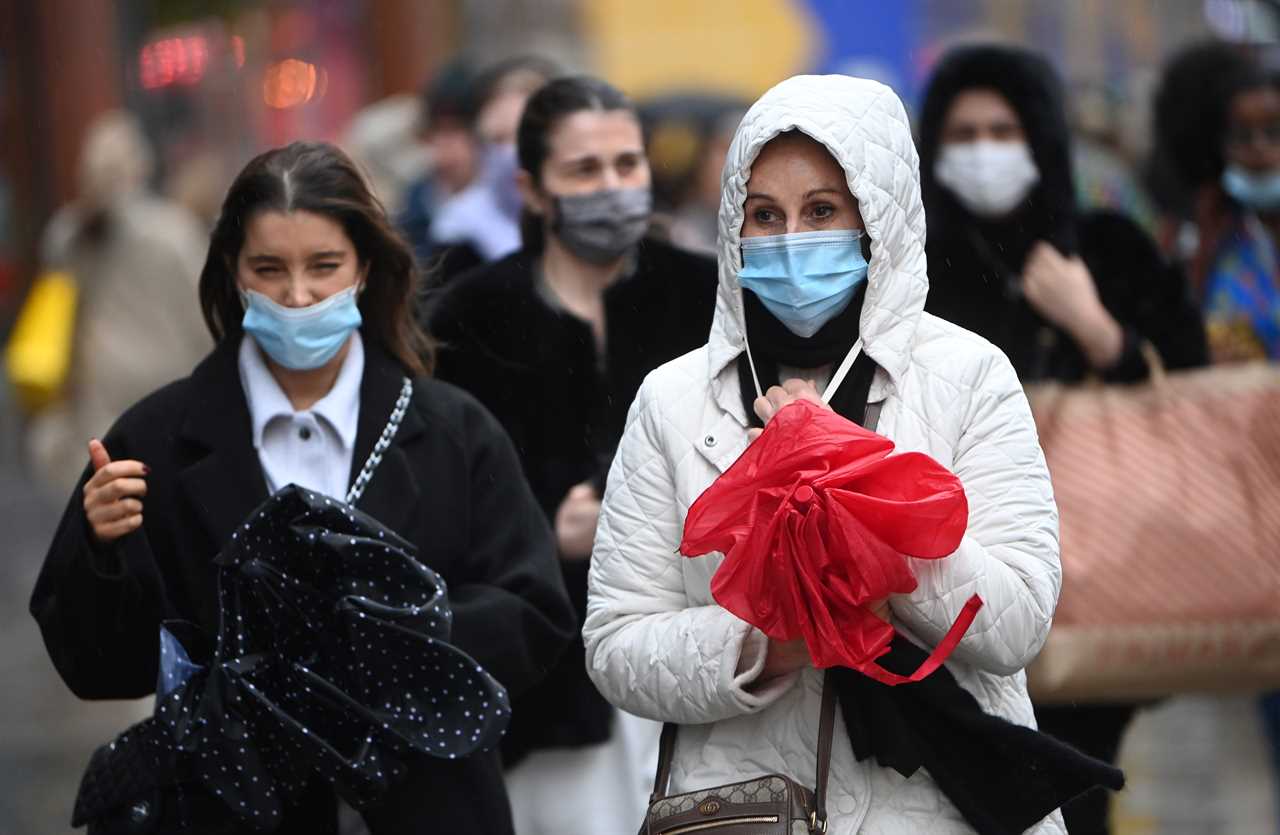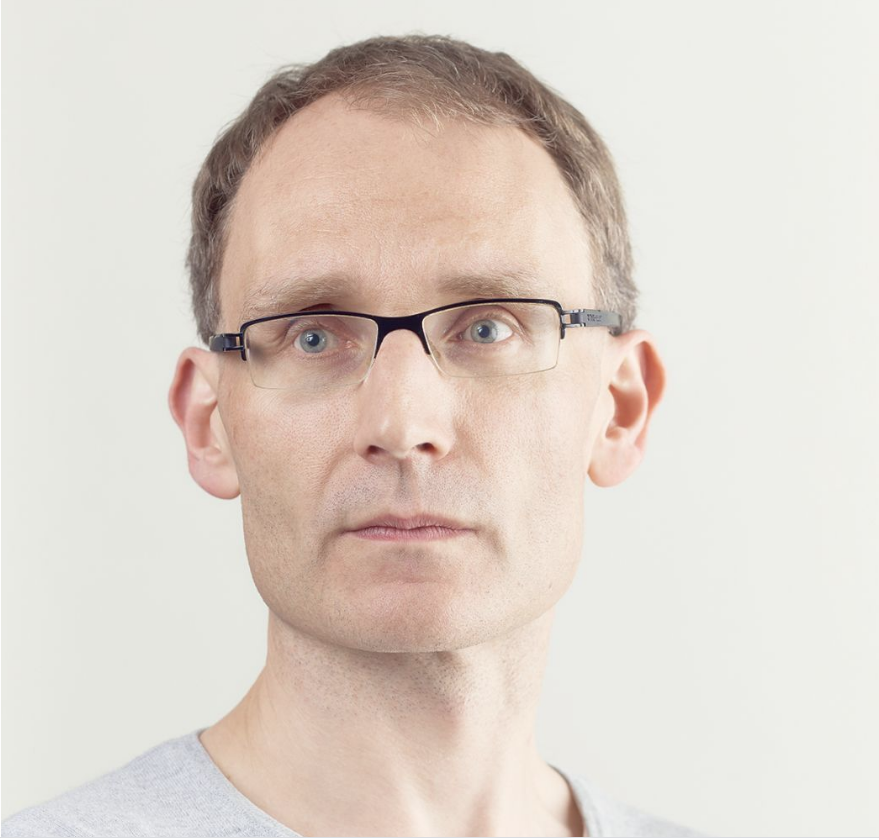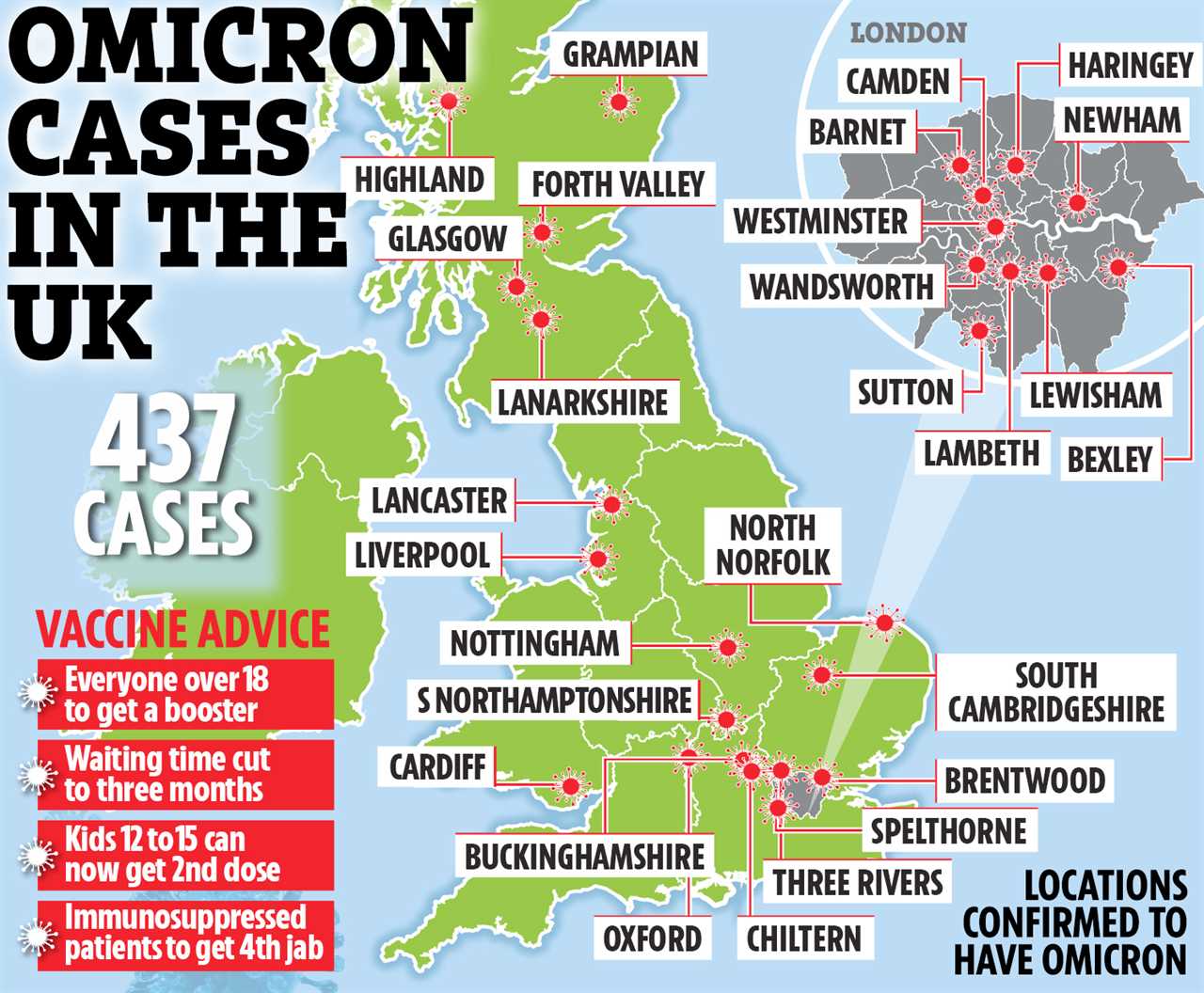LOCKDOWN can’t be ruled out in the New Year when Covid cases are estimated to peak, a leading professor has warned.
As the Omicron variant spreads fast across the UK, Downing Street has already said it is prepared to “act swiftly” to fight.


Professor “Lockdown” Neil Ferguson’s research was instrumental to the UK going into lockdown in March 2020.
He said it was very difficult to rule out a shutdown soon, adding that we “haven’t got a good enough handle on the threat” of Omicron.
Prof Ferguson told BBC Radio 4’s Today programme: “Clearly, if the consensus is it is highly likely that the NHS is going to be overwhelmed then it will be for the Government to decide what what he wants to do about that, but it’s a difficult situation to be in of course.”
Pushed on whether lockdowns might be possible, he said: “It certainly might be possible at the current time.”
There are less than 450 cases confirmed in the UK, but the figure may be underreported due to a time lag and limits in tracing the variant.
Experts say there is more likely to be 1,000 to 2,000 true cases of Omicron, pushing daily infections to 90,000 a day by Christmas.
“It’s likely to overtake Delta before Christmas at this rate, precisely when is hard to say,” Prof Ferguson said.
“We’ll start seeing an impact on overall case numbers – it’s still probably only 2 per cent, 3 per cent of all cases so it’s kind of swamped, but within a week or two, we’ll start seeing overall case numbers accelerate quite markedly as well.”
Prof Ferguson, from Imperial College London, said the peak of this wave of infection will be in January if no measures are taken to slow it down.
It comes as data shows 336,893 new cases were reported in the past seven days – the highest number for a seven-day period since the week to January 16 2021.

Read our Omicron variant live blog for the latest news
“So if you don’t do anything at the current time, it will most likely be sometime in January,” Prof Ferguson said.
“But I think the key question is whether the country decides to adopt measures to either slow it down or try to stop it and that will critically depend on really the threat it poses in terms of hospitalisations.”
Prof Ferguson said measures can help slow Omicron down while scientists learn more about it.
It also gives more time to get boosters into arms and ramp up protection against Covid.
Asked about home-working on BBC Radio 4’s Today programme, Prof Ferguson said: “It will be up to the Government to decide what to announce in the coming days and weeks.”
He added: “If you imagine a kind of Plan B Plus with working from home might slow it down – it wouldn’t stop it but it could slow it down, so it’s doubling rather than every two or three days, every five or six days.
“That doesn’t seem like a lot, but it actually is potentially a lot in terms of allowing us to characterise this virus better and boost population immunity.”
Prof Ferguson said Omicron was “accelerating very fast” – the same, if not faster, than with the original coronavirus strain in March 2020.
But he said there is uncertainty around the severity of Omicron, after early reports that it causes more mild disease.
Yesterday the Prime Minister said it was “too early to draw conclusions on the characteristics of Omicron” but “early indications were that it was more transmissible than Delta”.
Grim plans to slow the progress of the variant are now being war-gamed by Downing Street — including ordering Brits to work from home once more.
Football and music fans could also be required to show vaccine passports to enter crowded venues.
The desperate measures are being weighed up ahead of Christmas, as friends and families get together more.
Number 10 said it is prepared to act swiftly against the threat — although officials insisted there are currently no plans to bring in extra restrictions.
Boris Johson believes the booster jab campaign is the best defence against both new and existing variants of coronavirus.
Today the programme extended to those in their early 40s.







